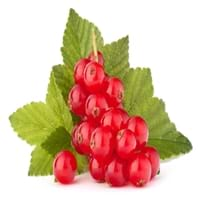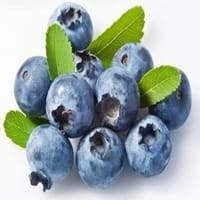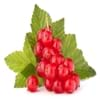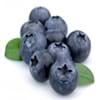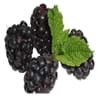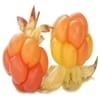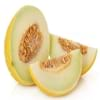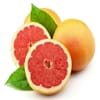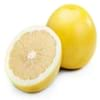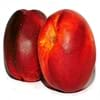Health Benefits
Cancer prevention, Gout treatment, Heart care, Regulation of heart rate, Treatment of rheumatism
Cancer prevention, Cures gastro-intestinal troubles, Improves night vision, Improves stomach health, Prevents diabetes, Prevents high blood pressure, Reduces blood circulation problems
General Benefits
Anti oxidant properties, Controls blood pressure, Cures fever, Digestive aid, Healing of wounds, Helps in weight loss, Strengthens bones
Fights against infections, Helps in weight loss, Prevents blood clotting in vessels, Treatment of urinary tract infections
Skin Benefits
Brightens and lightens complexion, Reduces wrinkles, Treatment of acne
Anti-aging benefits, Nourishes skin, Protects against skin damage
Hair Benefits
Protects hair
Prevents hair loss
Allergy Symptoms
Abnormally rapid heart rate, Anaphylaxis, Breathing difficulty, Hives, Itching, Swallowing difficulties
Not Available
Side Effects
Possibly unsafe during pregnancy
Decrease in blood sugar levels, Diarrhoea, Dizziness, Headache, Internal bleeding, Stomach pain
Best Time to Eat
Best if taken as a breakfast (or empty stomach), As a snack in the late afternoon, Don't eat after meal, Morning time (before lunch)
As a snack in the late afternoon, Don't consume at night and before bed, Eat the fresh ones, avoid mixing with any other foods, don't eat after meal., Morning time (before lunch)
Vitamin B5 (Pantothenic Acid)
Vitamin C (Ascorbic Acid)
Vitamin K (Phyllochinone)
Calories in Fresh Fruit with Peel
Calories in Fresh Fruit without Peel
Not Available
Not Available
Calories in Frozen Form
Not Available
Not Available
Calories in Dried Form
Not Available
Calories in Canned Form
Not Available
Not Available
Varieties
Rovada, Stanza, Red Lake, Junifer and Jonkheer van Tets
Dwarf bilberry, Piper, bog blueberry, Northern bilberry, Mountain bilberry and Oval-leaved bilberry
Inside Color
Red
Light Green
Soil Type
Moist, Well-drained
Moist, Well-aerated
Climatic Conditions
Cold
Cold
Facts about
- The albino version of red currants known as white currants, are often sold as different fruit.
- Red currant tea is healthy substitute for coffee.
- There are more than 150 varieties of red currants.
- Bilberries are used in manufacturing of alcoholic drinks.
- They are used to improve aromas of sorbets.
- The green extract of it's leaves is used in textile industry as natural dye.
Top Producer
Russia
Japan
Other Countries
Belgium, France, Germany, Ireland, Italy, Netherlands, Poland, Portugal, Scotland, Spain, Sweden, United Kingdom
Denmark, Finland, Iceland, Sweden
Top Importer
Germany
United States of America
Top Exporter
Russia
Chile
Botanical Name
Ribes rubrum
Vaccinium myrtillus
Synonym
Not Available
blaeberry, whinberry, European blueberry, whortleberry
Subkingdom
Tracheobionta
Tracheobionta
Division
Magnoliophyta
Magnoliophyta
Class
Magnoliopsida
Magnoliopsida
Subclass
Rosidae
Dillenhidae
Order
Saxifragales
Ericales
Family
Grossulariaceae
Ericaceae
Species
R. rubrum
Vaccinium myrtillus
Generic Group
Saxifrage
Heath
Difference Between Red Currant and Bilberry
We might think that Red Currant and Bilberry are similar with respect to nutritional value and health benefits. But the nutrient content of both fruits is different. Red Currant and Bilberry Facts such as their taste, shape, color, and size are also distinct. The difference between Red Currant and Bilberry is explained here.
The amount of calories in 100 gm of fresh Red Currant and Bilberry with peel is 56.00 kcal and 44.00 kcal and the amount of calories without peel is Not Available and Not Available respectively. Thus, Red Currant and Bilberry belong to Low Calorie Fruits and Low Calorie Fruits category.These fruits might or might not differ with respect to their scientific classification. The order of Red Currant and Bilberry is Saxifragales and Ericales respectively. Red Currant belongs to Grossulariaceae family and Bilberry belongs to Ericaceae family. Red Currant belongs to Ribes genus of R. rubrum species and Bilberry belongs to Vaccinium genus of Vaccinium myrtillus species. Beings plants, both fruits belong to Plantae Kingdom.
